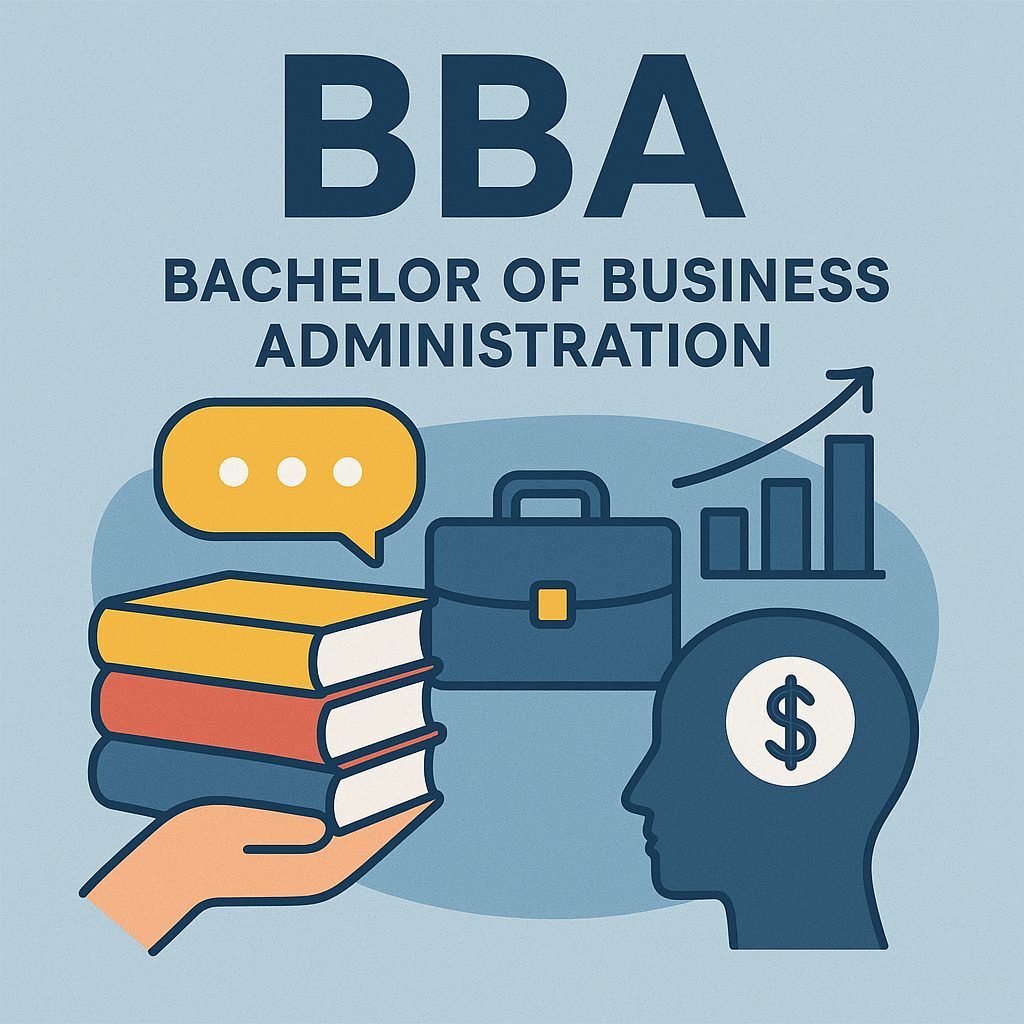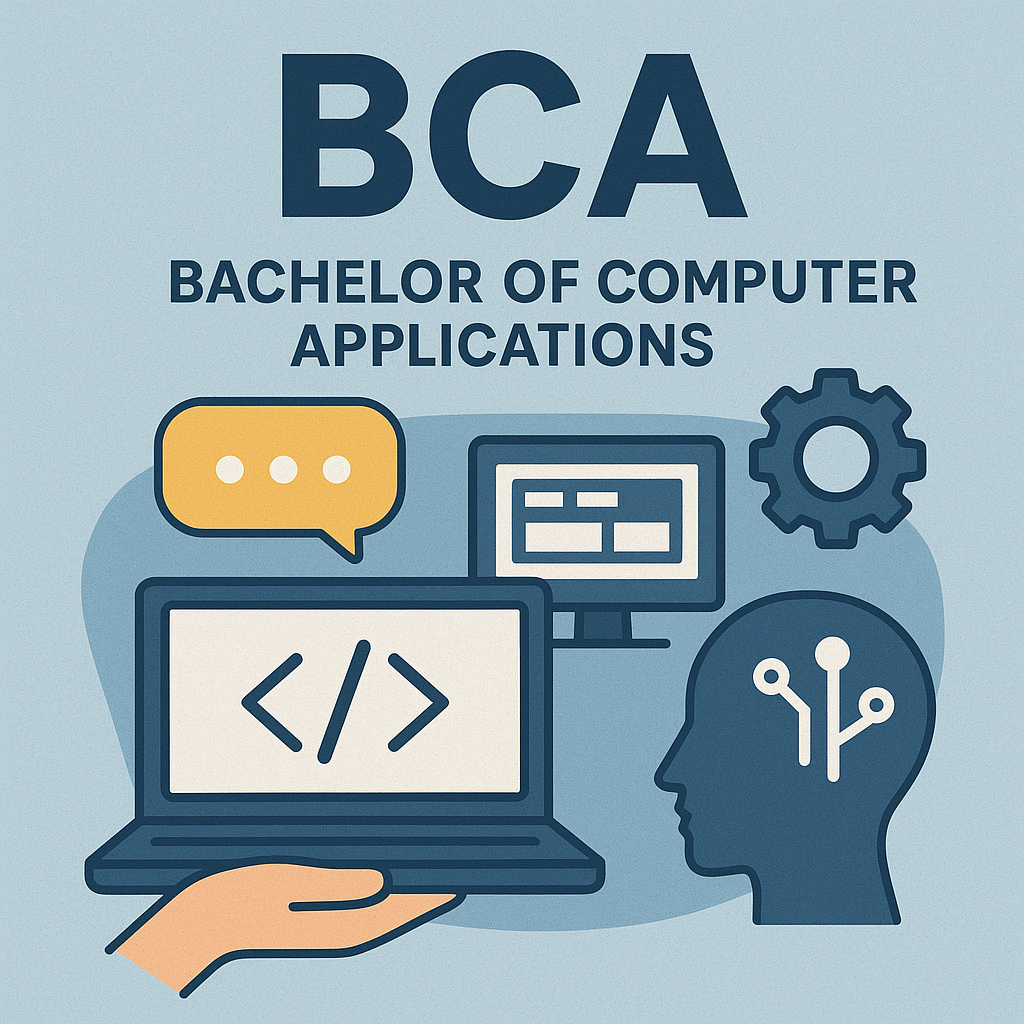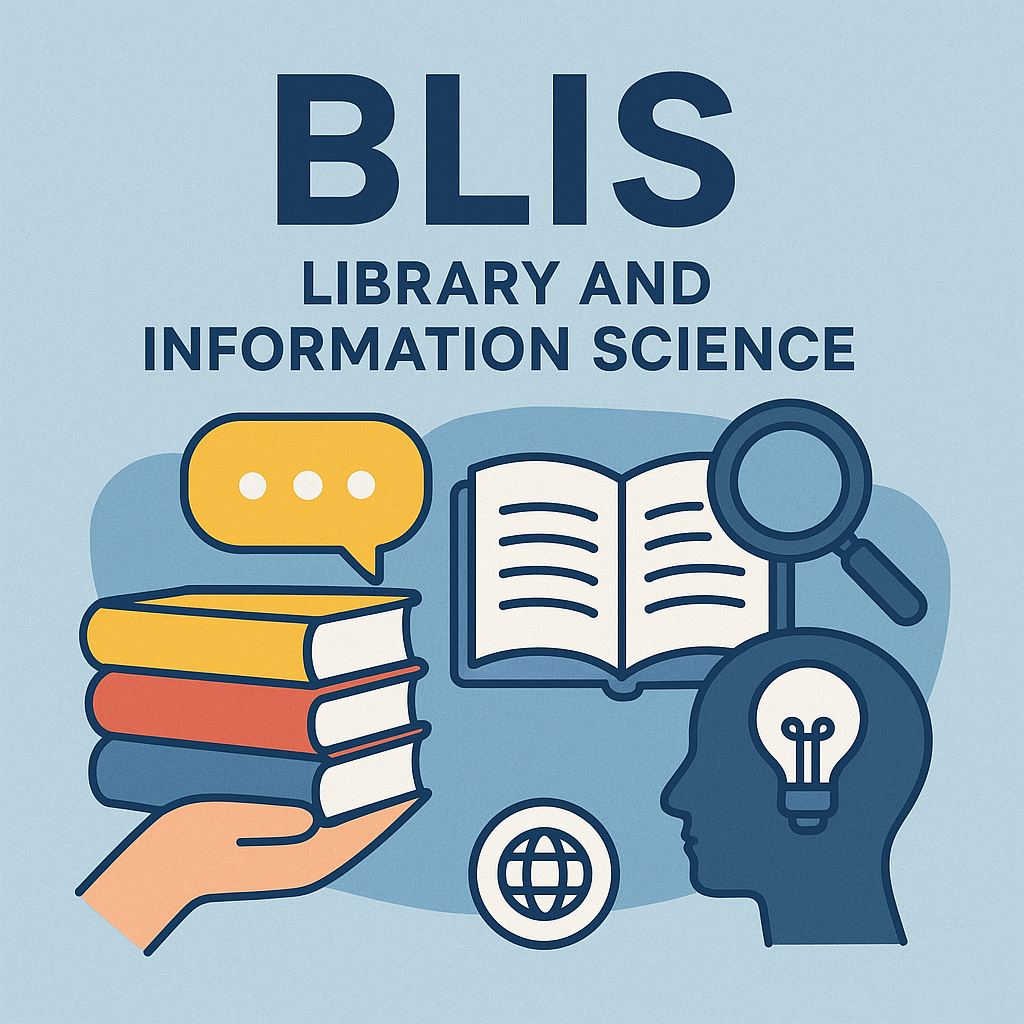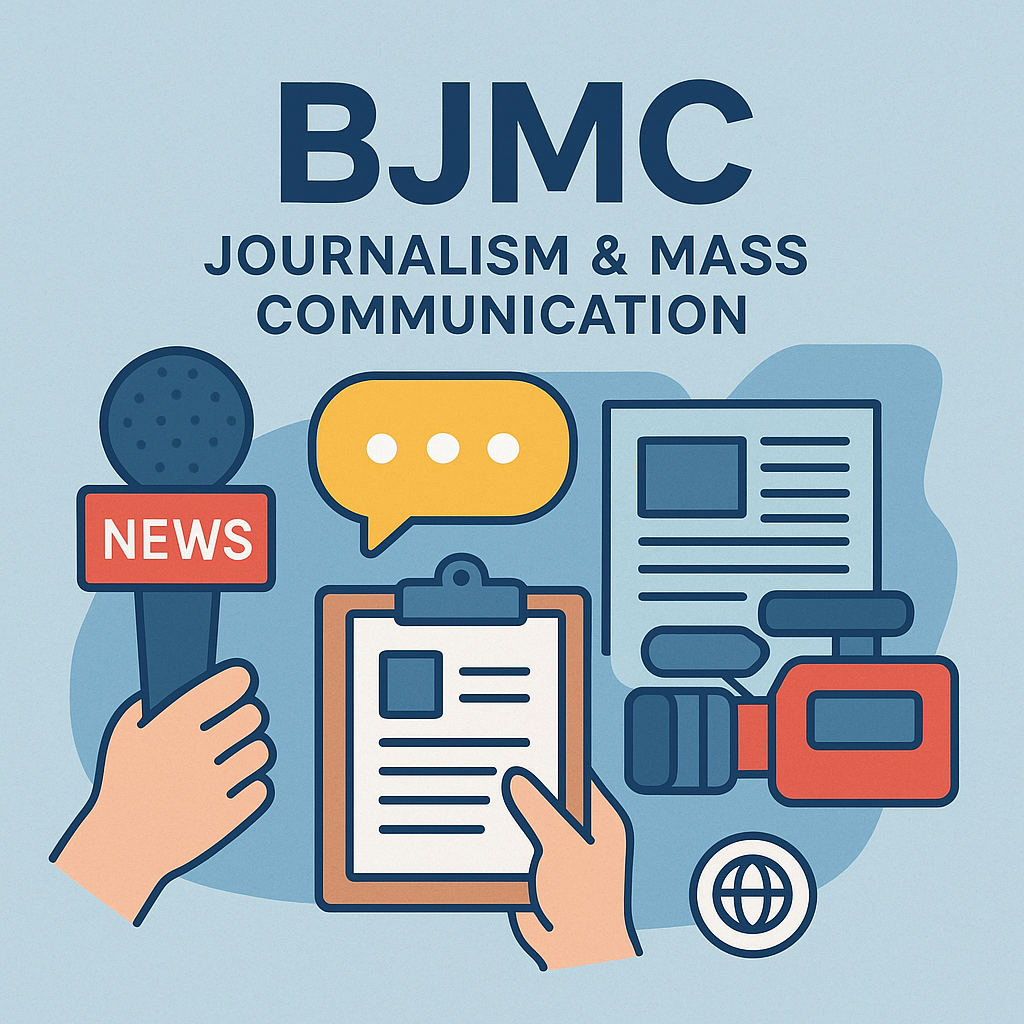Health & Medicine
Undergraduate Professional Programs
Vocational Studies (Diploma Courses)
Paramedical Courses
Cirriculums
GNM
The General Nursing and Midwifery (GNM) course in India is designed to prepare students to become skilled and professional nurses. The curriculum is established by the Indian Nursing Council (INC) and focuses on both theoretical and practical knowledge. Below is an outline of the typical GNM curriculum in India:
Duration
- 3 years of study, including clinical/practical training.
- 6 months internship at the end of the course.
Curriculum Structure
The course is divided into three academic years followed by an internship.
1st Year
Biological Sciences
- Anatomy and Physiology
- Microbiology
Behavioral Sciences
- Psychology
- Sociology
Nursing Foundation
- Fundamentals of Nursing
- First Aid
- Personal Hygiene
Community Health Nursing
- Introduction to Community Health Nursing
- Environmental Hygiene
English
- Basic English communication skills (non-examinable subject).
2nd Year
Medical-Surgical Nursing I (Adult Nursing)
- Nursing care of adults with medical and surgical conditions.
Medical-Surgical Nursing II (Specialties)
- Care of patients with special conditions such as ENT, ophthalmology, orthopedics, etc.
Mental Health and Psychiatric Nursing
- Nursing care for patients with mental health disorders.
Child Health Nursing
- Growth and development of children.
- Nursing care of children with illnesses.
3rd Year
Midwifery and Gynecological Nursing
- Care of mothers during pregnancy, labor, and postpartum period.
- Newborn care.
- Gynecological nursing care.
Community Health Nursing II
- Advanced community health concepts.
- Family welfare and health education.
Introduction to Research and Statistics
- Basics of research methodology.
- Introduction to statistics and its application in nursing.
Professional Trends and Adjustment
- Understanding nursing as a profession.
- Legal and ethical issues in nursing.
Administration and Ward Management
- Basics of management and leadership in nursing.
- Organizational structure of healthcare services.
Internship (6 Months)
- Hands-on training in different healthcare settings.
- Areas of focus:
- Medical-Surgical Nursing
- Pediatric Nursing
- Midwifery and Obstetrical Nursing
- Community Health Nursing
- Supervised clinical practice in hospitals, community health centers, and rural areas.
Evaluation
- Internal Assessment: Periodic theory and practical assessments.
- Final Examination: Conducted by the nursing council/university.
- Practical examinations in each subject area.
Career Opportunities After GNM
- Staff Nurse in hospitals and clinics.
- Community Health Worker.
- School Health Nurse.
- Home Health Nurse.
- Roles in nursing administration and teaching (after further studies).
This comprehensive curriculum ensures that GNM graduates are equipped to provide high-quality nursing care in diverse healthcare settings.
Bsc Nursing
The B.Sc. Nursing curriculum in India is regulated by the Indian Nursing Council (INC) and focuses on preparing professional nurses with the skills, knowledge, and attitudes necessary to provide comprehensive healthcare services. Below is the detailed structure and curriculum for the B.Sc. Nursing course:
Duration
- 4 years (including practical/clinical training and internship).
Curriculum Structure
The B.Sc. Nursing course is divided into four academic years, combining theory, practicals, and clinical exposure.
1st Year
Human Anatomy and Physiology
- Structure and functions of the human body.
- Basics of anatomy and physiology.
Nutrition
- Nutrition principles and their application to health.
- Balanced diet and therapeutic nutrition.
Biochemistry
- Chemical processes in the human body.
- Metabolism and enzyme functions.
Nursing Foundations
- Fundamentals of nursing.
- Basic nursing procedures and skills.
- First aid and infection control.
Psychology
- Human behavior and cognitive processes.
- Application of psychology in nursing.
Microbiology
- Microorganisms and their role in health and disease.
- Infection prevention and control.
English
- Communication skills for effective patient interaction (non-examinable).
Introduction to Computers
- Basics of computer applications in healthcare.
2nd Year
Medical-Surgical Nursing I
- Care of adults with medical and surgical conditions.
- Pre-operative and post-operative nursing care.
Community Health Nursing I
- Introduction to public health concepts.
- Health education and preventive care.
Pharmacology
- Basics of drugs and their actions.
- Dosage calculation and administration.
Sociology
- Social structures and their influence on health.
- Family, culture, and community dynamics.
Pathology
- Understanding disease mechanisms and their effects.
- Laboratory diagnostic techniques.
Genetics
- Basics of genetics and hereditary disorders.
- Genetic counseling in nursing practice.
3rd Year
Medical-Surgical Nursing II
- Advanced nursing care for adults with complex medical and surgical conditions.
Child Health Nursing (Pediatrics)
- Growth and development of children.
- Nursing care of neonates and children with health problems.
Mental Health Nursing
- Care of patients with mental illnesses.
- Psychiatric nursing principles and therapeutic communication.
Communication and Educational Technology
- Methods of teaching and learning in healthcare.
- Use of technology in health education.
4th Year
Midwifery and Obstetrical Nursing
- Care of women during pregnancy, childbirth, and postpartum.
- Newborn care and family planning.
Community Health Nursing II
- Advanced concepts in community health.
- National health programs and rural health services.
Nursing Research and Statistics
- Basics of research methodology and evidence-based practice.
- Statistical tools for data analysis in healthcare.
Management of Nursing Services and Education
- Leadership and management in nursing.
- Hospital administration and nursing education.
Internship (Integrated in the 4th Year)
- Hands-on clinical experience in various departments.
- Areas of focus:
- Medical-Surgical Nursing
- Community Health Nursing
- Midwifery and Obstetrical Nursing
- Child Health Nursing
- Mental Health Nursing
Evaluation
- Internal Assessment: Periodic theory and practical assessments.
- University/Final Examination: Theory and practical exams at the end of each year.
- Clinical performance evaluation by supervisors.
Career Opportunities After B.Sc. Nursing
- Staff Nurse: Hospitals, clinics, and healthcare centers.
- Nurse Educator: Teaching roles in nursing schools.
- Community Health Worker: Promoting healthcare in rural/urban areas.
- Specialized Nurse: Pursue higher education (e.g., M.Sc. Nursing) in fields like pediatrics, critical care, and psychiatry.
- Research Nurse: Roles in clinical trials and healthcare research.
- Healthcare Management: Nursing administrators or hospital managers.
The curriculum ensures that students gain theoretical knowledge, clinical expertise, and leadership skills to meet the demands of the healthcare system.
Bachelor of Pharmacy
General Structure
- Duration: 4 years (8 semesters).
- Mode: Full-time.
- Components: Core subjects, practical training, industrial visits, and project work.
Curriculum Overview
1st Year (Semester 1 & 2)
The first year introduces the basics of pharmaceutical sciences and foundational subjects.
Human Anatomy and Physiology I & II
- Structure and functions of the human body.
- Systems: Cardiovascular, nervous, respiratory, and digestive systems.
Pharmaceutical Analysis I
- Principles of analytical chemistry.
- Techniques like titration, gravimetry, and chromatography.
Pharmaceutics I (General Pharmacy)
- History of pharmacy and dosage forms.
- Pharmaceutical calculations and prescriptions.
Pharmaceutical Inorganic Chemistry
- Preparation and properties of inorganic compounds.
- Medicinal importance of inorganic pharmaceuticals.
Communication Skills
- Verbal and non-verbal communication.
- Technical writing and presentation skills.
Remedial Biology/Mathematics (for non-biology and non-mathematics students)
- Biology: Plant and animal kingdoms, cell biology.
- Mathematics: Algebra, calculus, and basic trigonometry.
2nd Year (Semester 3 & 4)
The second year dives deeper into pharmaceutical sciences and drug-related studies.
Pathophysiology
- Mechanisms and effects of diseases on the human body.
- Topics include inflammation, immune disorders, and cancer.
Pharmaceutical Microbiology
- Study of microorganisms and their applications in pharmacy.
- Sterilization techniques and microbiological testing.
Pharmaceutical Organic Chemistry I & II
- Basic and advanced organic chemistry.
- Reaction mechanisms, stereochemistry, and pharmaceutical applications.
Pharmacognosy and Phytochemistry I
- Study of medicinal plants and natural products.
- Extraction and analysis of phytochemicals.
Pharmaceutics II (Unit Operations)
- Pharmaceutical engineering concepts.
- Unit operations like drying, filtration, and mixing.
Pharmaceutical Engineering
- Basic principles of engineering used in pharmaceutical manufacturing.
3rd Year (Semester 5 & 6)
This year emphasizes pharmacology, pharmacokinetics, and advanced pharmacy concepts.
Medicinal Chemistry I & II
- Design and development of pharmaceutical drugs.
- Study of drug-receptor interactions.
Pharmacology I & II
- Mechanism of action, side effects, and uses of drugs.
- Drugs for various systems: CNS, cardiovascular, respiratory, etc.
Pharmaceutical Jurisprudence
- Pharmacy laws and ethics in India.
- Drug and Cosmetic Act, NDPS Act, and related legislations.
Industrial Pharmacy I
- Development and manufacturing of pharmaceutical products.
- Good Manufacturing Practices (GMP).
Pharmacognosy and Phytochemistry II
- Advanced concepts of plant-based medicines.
Herbal Drug Technology
- Formulation and evaluation of herbal products.
- Regulatory requirements for herbal drugs.
4th Year (Semester 7 & 8)
The final year includes advanced topics, research, and practical exposure.
Biopharmaceutics and Pharmacokinetics
- Study of drug absorption, distribution, metabolism, and excretion (ADME).
- Bioavailability and bioequivalence.
Pharmaceutical Biotechnology
- Techniques like recombinant DNA technology and monoclonal antibodies.
- Applications of biotechnology in drug development.
Quality Assurance
- Quality control techniques and validation in the pharmaceutical industry.
Novel Drug Delivery Systems (NDDS)
- Development of advanced drug delivery systems like nanoparticles, liposomes, and transdermal systems.
Clinical Pharmacy and Therapeutics
- Patient care, drug interactions, and adverse drug reactions.
- Concepts of pharmacovigilance.
Pharmaceutical Marketing and Management
- Marketing principles in the pharmaceutical industry.
- Management strategies for pharmaceutical companies.
Project Work/Research
- Independent research under faculty guidance on a chosen topic.
Industrial Training (Internship)
- Hands-on experience in pharmaceutical companies or hospitals.
Key Skills Developed
- Drug formulation and manufacturing.
- Research and development skills.
- Analytical and quality assurance techniques.
- Understanding of laws and ethics in pharmacy.
- Communication and patient counseling skills.
Evaluation
- Internal Assessments: Assignments, seminars, and periodic tests.
- End-Semester Exams: Theory and practical examinations.
- Practical Work: Lab experiments, industrial training, and project reports.
Career Opportunities After B.Pharm
- Pharmacist: Work in hospitals, clinics, and retail pharmacies.
- Pharmaceutical Industry Roles: Production, quality assurance, and regulatory affairs.
- Research and Development (R&D): Drug discovery and development.
- Clinical Research: Work as a clinical research associate.
- Government Jobs: Drug inspector, pharmacist in government hospitals, etc.
- Higher Studies: Pursue M.Pharm, MBA (Pharma), or Pharm.D.
The B.Pharm curriculum ensures students acquire theoretical and practical knowledge, making them industry-ready to contribute to healthcare and pharmaceutical sectors.
Diploma Engineering
The Diploma in Engineering program is designed to provide students with a strong foundation in scientific principles, technical skills, and practical training. The curriculum combines classroom learning with hands-on laboratory sessions, workshops, and project work. In the initial semesters, students are introduced to core subjects such as mathematics, physics, engineering drawing, and computer applications. As the course progresses, emphasis is laid on applied engineering sciences, practical experiments, and industry-oriented training. The program also includes communication skills, environmental studies, and entrepreneurship development to prepare students for real-world challenges. Regular industrial visits and internships ensure exposure to modern technologies and professional practices. This balanced curriculum equips students with the knowledge and skills required for higher education as well as immediate employment in technical fields.
BBA
The BBA (Bachelor of Business Administration) curriculum in India is designed to provide students with foundational knowledge in business, management, and leadership. It prepares students for entry-level management roles or higher studies such as MBA. The curriculum typically spans 3 years (6 semesters), covering core business concepts, practical exposure, and industry-relevant skills.
General Structure
- Duration: 3 years (6 semesters).
- Mode: Full-time.
- Specializations (Optional): Marketing, Finance, HR, International Business, Entrepreneurship, etc.
- Components: Core subjects, electives, practical training, and project work.
Curriculum Overview
1st Year (Semester 1 & 2)
The first year focuses on building a foundational understanding of business principles and management concepts.
Principles of Management
- Basics of management, planning, and decision-making.
- Leadership and team dynamics.
Financial Accounting
- Fundamentals of accounting.
- Preparation and analysis of financial statements.
Business Economics
- Microeconomics and macroeconomics principles.
- Demand, supply, and market structures.
Business Communication
- Verbal and written communication skills.
- Report writing, presentations, and interpersonal communication.
Quantitative Methods for Business
- Business mathematics and statistics.
- Data interpretation and analysis.
Computer Applications in Business
- Basics of IT and computer systems.
- Use of software for business operations.
Environmental Studies
- Impact of business on the environment.
- Sustainable development and ethical practices.
2nd Year (Semester 3 & 4)
The second year delves deeper into functional areas of business and management.
Marketing Management
- Fundamentals of marketing strategies.
- Market research, product development, and branding.
Human Resource Management (HRM)
- Recruitment, selection, and training.
- Performance appraisal and labor laws.
Financial Management
- Budgeting, capital management, and financial planning.
- Time value of money and risk management.
Operations Management
- Production planning, inventory management, and supply chain.
Organizational Behavior
- Understanding individual and group behavior in organizations.
- Motivation, leadership, and conflict resolution.
Management Information Systems (MIS)
- Role of IT in decision-making.
- Data management and business intelligence.
Business Environment
- External and internal business environment.
- Government policies, globalization, and corporate responsibility.
3rd Year (Semester 5 & 6)
The final year focuses on specialization, advanced topics, and practical application.
Strategic Management
- Business policy and strategy formulation.
- SWOT analysis and competitive advantage.
Entrepreneurship Development
- Starting and managing a new business.
- Innovation, business plans, and venture funding.
International Business
- Global trade policies and practices.
- Foreign exchange and international marketing.
Business Law
- Corporate laws, contracts, and intellectual property rights.
- Legal framework for businesses in India.
Electives/Specializations (Examples)
- Marketing: Digital marketing, consumer behavior, retail management.
- Finance: Investment analysis, risk management, banking operations.
- Human Resources: Talent management, organizational development.
- Operations: Total quality management, logistics.
Research Project/Dissertation
- A research-based project on a chosen topic.
- Combines theoretical knowledge with practical insights.
Internship/Industry Training
- Practical exposure through internships in organizations.
- Industry visits and project work.
Key Skills Developed
- Leadership and decision-making.
- Analytical and problem-solving skills.
- Communication and interpersonal skills.
- Entrepreneurial mindset.
- Industry awareness and adaptability.
Evaluation Methods
- Internal Assessment: Class tests, assignments, group projects, and presentations.
- End-Semester Exams: Theory exams conducted by universities.
- Practical Evaluation: Internship performance, viva voce, and project reports.
Career Opportunities After BBA
- Marketing Executive/Manager
- Financial Analyst
- Human Resource Executive
- Operations Manager
- Entrepreneur/Startup Founder
- Business Consultant
- Further Studies: Pursue MBA or specialized professional certifications like CFA, CPA, or Digital Marketing.
The BBA curriculum is designed to provide a balance between theoretical knowledge, practical exposure, and skill-building, ensuring graduates are well-prepared for the dynamic business world.
BCA
Curriculum Overview
1st Year (Semester 1 & 2)
The first year introduces the basics of computer science, programming, and IT concepts.
Semester 1
- Fundamentals of Computer and IT
- Basics of computer systems, operating systems, and IT tools.
- Programming in C
- Introduction to programming using C language.
- Concepts like loops, arrays, functions, and pointers.
- Mathematics I
- Topics include calculus, algebra, and discrete mathematics.
- Digital Logic and Computer Organization
- Basics of digital circuits, Boolean algebra, and computer architecture.
- Communication Skills
- Verbal and non-verbal communication.
- C Programming Lab
- Practical implementation of C programming concepts.
- Fundamentals of Computer and IT
Semester 2
- Object-Oriented Programming with C++
- Basics of OOP: Classes, objects, inheritance, and polymorphism.
- Database Management Systems (DBMS)
- Concepts of database design, SQL, and normalization.
- Mathematics II
- Probability, statistics, and graph theory.
- Operating Systems
- Fundamentals of OS, processes, memory management, and file systems.
- Environmental Studies
- Sustainable development and environmental awareness.
- C++ Programming Lab
- Practical implementation of object-oriented programming.
- DBMS Lab
- Hands-on experience with SQL and database tools.
- Object-Oriented Programming with C++
2nd Year (Semester 3 & 4)
The second year delves deeper into advanced topics like data structures, web development, and networking.
Semester 3
- Data Structures
- Concepts of stacks, queues, linked lists, trees, and graphs.
- Web Development
- Basics of HTML, CSS, JavaScript, and responsive design.
- Computer Networks
- Fundamentals of networking: protocols, OSI model, and IP addressing.
- Software Engineering
- Software development lifecycle (SDLC), project management, and testing.
- Python Programming
- Basics of Python programming: control structures, functions, and libraries.
- Data Structures Lab
- Practical implementation of data structures using C or C++.
- Web Development Lab
- Hands-on experience with web technologies.
- Data Structures
Semester 4
- Java Programming
- Core Java concepts: multithreading, collections, and exception handling.
- Introduction to Artificial Intelligence (AI)
- Basics of AI, machine learning, and neural networks.
- Computer Graphics and Multimedia
- Concepts of 2D/3D graphics, animation, and image processing.
- Cloud Computing
- Introduction to cloud services, deployment, and virtualization.
- Advanced Python Programming
- Advanced Python concepts like data analysis and visualization.
- Java Programming Lab
- Practical implementation of Java applications.
- AI/Graphics Lab
- Hands-on implementation of AI or graphics projects.
- Java Programming
3rd Year (Semester 5 & 6)
The final year focuses on advanced topics, electives, project work, and industry exposure.
Semester 5
- Mobile Application Development
- Developing Android or iOS applications.
- Cyber Security
- Basics of cybersecurity, cryptography, and ethical hacking.
- Big Data Analytics
- Introduction to data analytics and Hadoop framework.
- Elective I (Examples)
- Blockchain Technology
- Data Science
- Internet of Things (IoT)
- Mobile App Development Lab
- Practical implementation of mobile applications.
- Mobile Application Development
Semester 6
- Project/Dissertation
- A comprehensive project to showcase learning and practical skills.
- Internship/Industrial Training
- Exposure to real-world IT environments.
- Elective II (Examples)
- Advanced Cloud Computing
- Machine Learning
- Web Application Frameworks (e.g., Django, Flask).
- Project/Dissertation
Key Skills Developed
- Programming in multiple languages (C, C++, Java, Python).
- Database design and management.
- Web and mobile application development.
- Networking and cybersecurity fundamentals.
- Software development lifecycle and project management.
- Analytical and problem-solving skills.
Evaluation Methods
- Internal Assessment: Assignments, quizzes, and lab work.
- End-Semester Exams: Theory and practical exams conducted by universities.
- Projects: Evaluation based on innovation and practical implementation.
- Internships: Assessed through performance reports and viva voce.
Career Opportunities After BCA
- Software Developer
- Web Developer
- Database Administrator
- System Analyst
- Mobile App Developer
- IT Support Specialist
- Network Administrator
- Higher Studies: MCA, MBA (IT), or certifications like Data Science, AI, or Cloud Computing.
The BCA curriculum provides a strong foundation in computer applications and IT, making graduates ready for both industry roles and further studies.



















